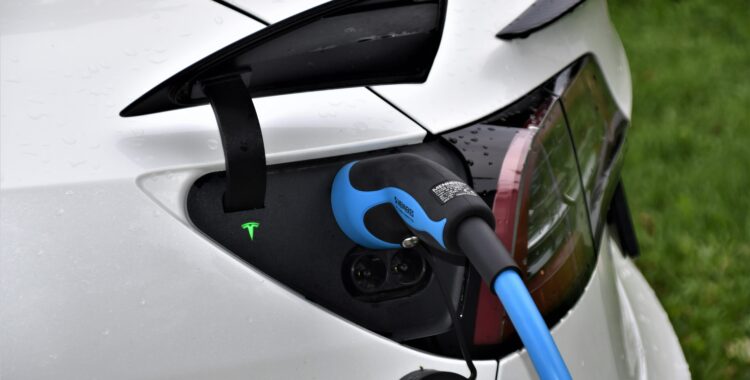E-vehicle as company car – advantages and benefits
More and more companies are opting for e-cars when choosing a company car. A particular incentive are the tax advantages offered by the legislator.
It should be noted that the classification of e-cars is based solely on CO₂ emissions. Hybrid vehicles or e-cars with a range extender (usually an extra combustion engine) are therefore not included.
1. No benefit in kind
In contrast to other motor vehicles, e-cars that are provided for private use are to be entered without a benefit in kind. Employees can therefore use them for private purposes, free of wage tax, incidental wage costs, and contributions.
2. Grant in the form of a salary conversion
An attractive option to arrange the granting of an electronic company car is via salary conversion.In this case, the employee is provided with an e-car for business and private use in exchange for a reduction in gross pay.
Since the benefit in kind value of zero would be applied here, the tax base is decreased. This reduces income tax and ancillary wage costs, which benefits both the employee and the employer. It should be noted, however, that the reduction in remuneration also affects special payments, paid annual leave, sick pay, overtime pay, etc.
To stipulate a salary conversion, the employer and the employee have to make an agreement in written form. However, the salary may not fall below the minimum salary according to the respective collective agreement.
3. Bicycle and e-bike
The benefits described for e-cars are also applicable to company-owned e-bikes. Another advantage is that even if the company bike is also used privately, a commuter allowance may be claimed.


 Deutsch
Deutsch